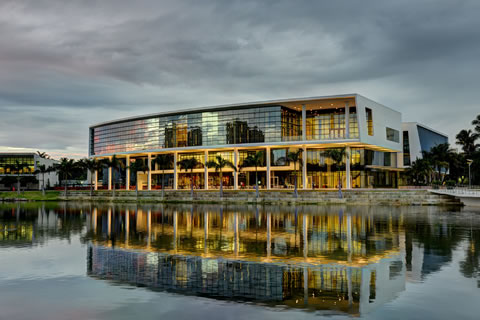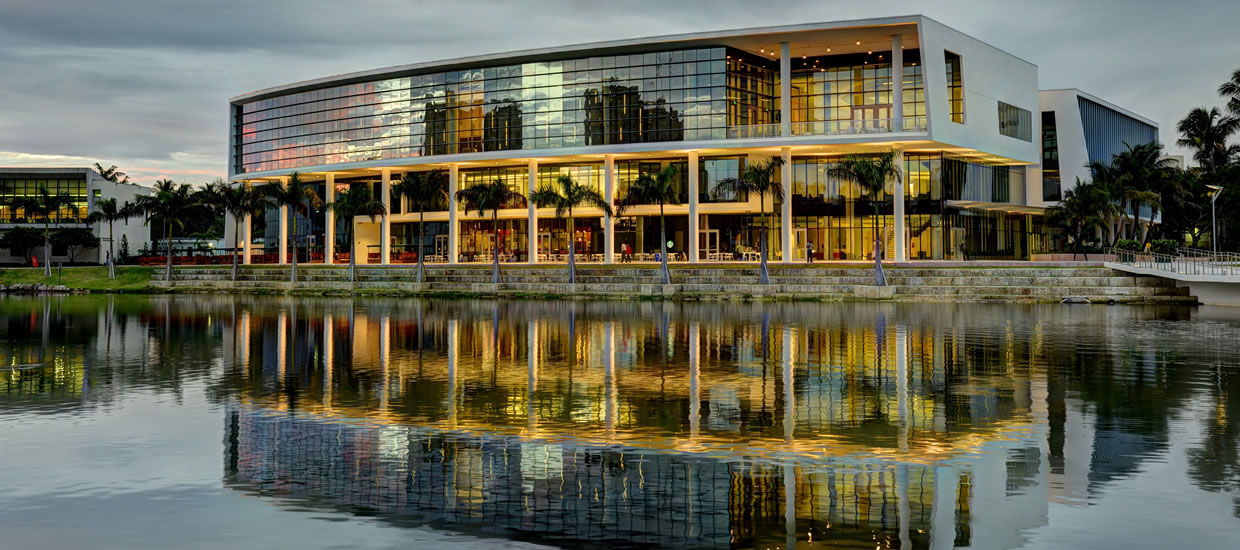Event Management
Student leaders engaged in student activities have a unique opportunity to learn and practice effective event management. Student leaders should strive towards understanding the appropriate steps and issues involved in event planning and management. Some of the most transferable skills - contract negotiation, program planning and event promotion - are developed and honed in this area.
With regards to Event Management, students will:
- Understand and practice the steps of effective program programming, implementation, execution and evaluation.
- Implement appropriate risk management strategies.
- Delegate tasks and hold committee members accountable.
- Utilize personnel and financial resources appropriately.
- Follow and navigate appropriate institutional policies.
Leadership Development
Leadership involves a broad spectrum of skills and character qualities. Student leaders involved in student activities must understand that their role is to be a positive change agent, to influence others and create a vision. Leadership is a process rather than a position. Leadership is relationship oriented and situational in nature.
With regards to Leadership Development, students will:
- Demonstrate growth in problem-solving abilities.
- Move their organization toward the mission and strategic goals of the organization.
- Understand the skill set of the membership and utilize it effectively for engaging organizational members in accomplishing the group’s goals.
- Hold self and members accountable.
- Recognize the ethical components of leadership.
Interpersonal Relationships
Establishing meaningful interpersonal relationships is critical for successful leadership in student activities. Student leaders often rely on committee volunteers to carry out the essential tasks related to providing programs and services. The work of student activities is often supported by several on and off-campus constituencies. Professionalism, diplomacy and recognizing the support of others will enhance organizational effectiveness.
With regards to Interpersonal Relationships, students will:
- Demonstrate an ability to work with the various departments within the University, especially other units within the Division of Student Affairs.
- Establish mutually trustworthy and rewarding relationships with students, faculty and staff, friends, and colleagues.
- Listen to and reflect upon others’ points of view.
- Treat others with respect; give value by actively demonstrating that oneself and others matter.
Belonging
Belonging is developed through celebration of cultures, advocacy for the needs of all members within the community, recognition of the various communities within the campus community and beyond, support of ongoing belonging initiatives, and understanding and dignity of all members within and beyond the campus community. Being able to understand one’s own self, as well as recognizing the similarities and differences of others, will equip students to serve and lead as citizens in a global society.
With regards to Belonging, students will:
- Recognize and understand one’s own self and culture.
- Recognize the contributions others bring to their own campus and society.
- Seek involvement with people different from oneself.
- Demonstrate an ability to provide varied programming options.
- Advocate belonging and community.
Communication
Effective communication is a critical skill that helps student leaders ensure that their organizations achieve their goals. When communication is a focal point of student learning, individuals will personally benefit and organizations will be run more efficiently.
With regards to Communication, students will:
- Demonstrate strong oral and written communication skills.
- Convey messages and influence others through writing, speaking, or non-verbal expression.
- Develop and facilitate thoughtful presentations.
- Work effectively in teams and in multicultural settings.
- Express disagreement in respectful and civil ways.
- Manage and resolve conflicts that exist among organization members.
Collaboration
Collaboration involves seeking the involvement of others and working well with people. Student leaders should actively contribute to the achievement of a group goal. They would seek feedback from others and exhibit growth in their skills as a result of working collaboratively.
With regards to Collaboration, students will:
- Demonstrate a basic understanding of meeting management, member recruitment, retention and motivation.
- Demonstrate proficiency for utilizing community and professional resources.
- Work cooperatively with others, seeking their involvement and feedback.
- Utilize delegation as a means to involve group members.
- Create formal and informal networks with other student leaders to build awareness of the issues facing their organizations.
- Promote and conduct joint programs between organizations.
Intellectual Growth
Intellectual Growth is central to the mission of higher education and must be a focus in all endeavors inside and outside the classroom. Student activities offers a fertile practice field for intellectual development when student leaders and programmers engage in critical thinking, problem solving and decision making. Student leaders should be cognizant of this learning opportunity and apply knowledge learned to enhance organizational goals and personal development.
With regards to Intellectual Growth, students will:
- Apply previously understood information and concepts to a new situation or setting.
- Produce personal and educational goal statements.
- Use complex information from a variety of sources including personal experience and observation to form a decision or opinion.
- Make connections between campus involvement and curricular studies.
- Demonstrate an ability to apply skills obtained as members of organizations and how they are used in real world applications.
Assessment and Evaluation
Student leaders involved in student activities should make knowledge-based decisions in regard to resources allocated for the campus programs planned and implemented by their organization. Leaders should possess the ability to effectively evaluate programs as well as assess their campus and community culture. Program evaluations will assure the continued improvement of student activities and comprehensive assessment will allow student activities offerings to meet the community development needs of the entire campus.
With regards to Assessment & Evaluation, students will:
- “Map” or connect the mission or primary goals or functions of the organization to the activities and programs that the organization facilitates.
- Find the right assessment to measure the student needs and culture of the institution.
- Measure organizational effectiveness through internal assessments (e.g. pre- and post-membership surveys, leadership & advisor feedback).
- Measure service and impact on student body (or appropriate constituency).





